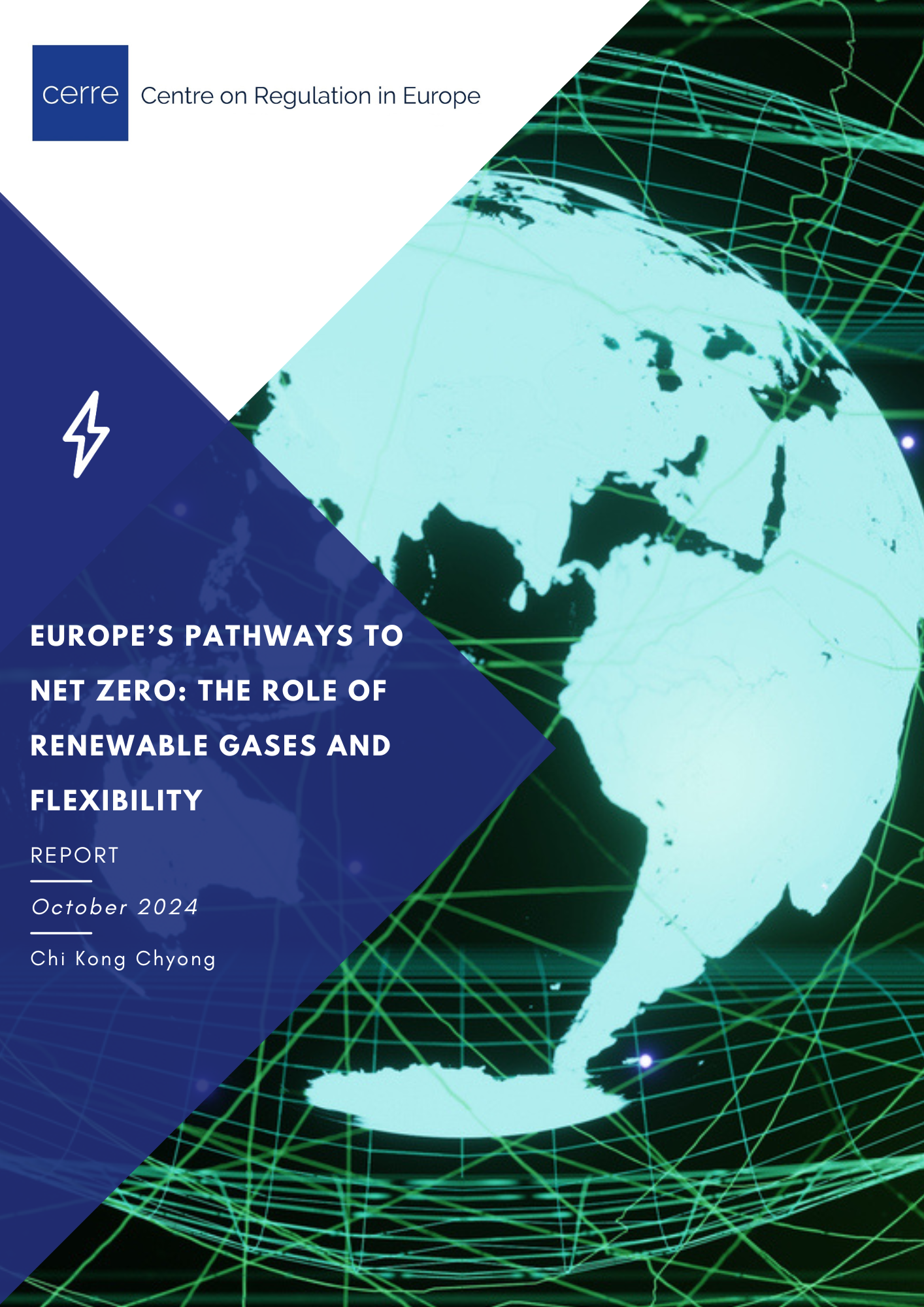and Oxford Institute for Energy Studies
Dr. Kong Chyong is an applied energy economist and policy analyst with a strong background and more than fifteen years of experience in applications of economics and operational research methods to energy and climate policy questions. Kong’s research interests include economics and geopolitics of Russian natural gas exports, with a focus on Russo-Ukrainian bilateral relations and impacts on Europe and global gas markets. He also works on large-scale modelling of power markets, with a focus on low-carbon generation sources and integration of renewables.
Currently, Kong is a Senior Research Fellow in Energy System Economics and Modelling at the Oxford Institute for Energy Studies. Before this, he was Senior Research Scholar with the Center on Global Energy Policy at Columbia University. Prior to joining Columbia University, Kong was a research associate with the Energy Policy Research Group (EPRG) based at the Cambridge Judge Business School, University of Cambridge. Kong holds a PhD in Energy Economics and Policy (2011) and an MPhil in Technology Policy (2007) from the University of Cambridge. His PhD topic concerned Russia’s strategic natural gas export policy and Gazprom’s pipeline investment strategy.
Prior to his studies at Cambridge University, Kong was a researcher at the at the National Academy of Sciences in Ukraine.
Dr. Kong Chyong is an applied energy economist and policy analyst with a strong background and more than fifteen years of experience in applications of economics and operational research methods to energy and climate policy questions. Kong’s research interests include economics and geopolitics of Russian natural gas exports, with a focus on Russo-Ukrainian bilateral relations and impacts on Europe and global gas markets. He also works on large-scale modelling of power markets, with a focus on low-carbon generation sources and integration of renewables.
Currently, Kong is a Senior Research Fellow in Energy System Economics and Modelling at the Oxford Institute for Energy Studies. Before this, he was Senior Research Scholar with the Center on Global Energy Policy at Columbia University. Prior to joining Columbia University, Kong was a research associate with the Energy Policy Research Group (EPRG) based at the Cambridge Judge Business School, University of Cambridge. Kong holds a PhD in Energy Economics and Policy (2011) and an MPhil in Technology Policy (2007) from the University of Cambridge. His PhD topic concerned Russia’s strategic natural gas export policy and Gazprom’s pipeline investment strategy.
Prior to his studies at Cambridge University, Kong was a researcher at the at the National Academy of Sciences in Ukraine.



